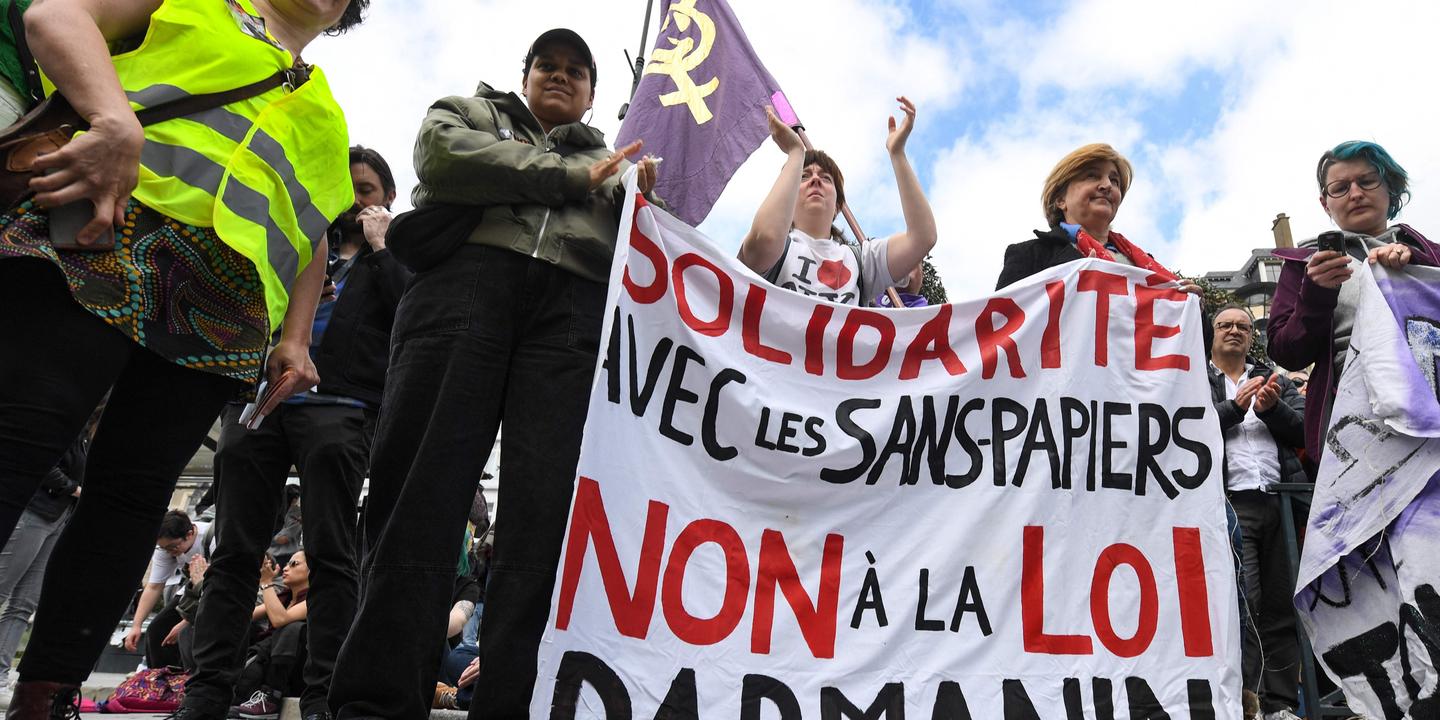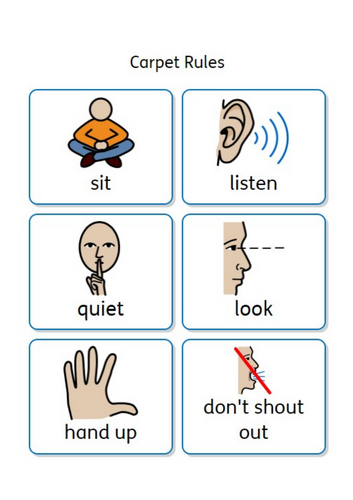French Government's Migrant Deportation Plan Faces Backlash

Table of Contents
Key Provisions of the Deportation Plan
The French government's deportation policy outlines several key measures designed to accelerate the expulsion process for those deemed ineligible for asylum or residency. These provisions include significant investment in enhanced border control and deportation operations. This increased funding aims to bolster the capabilities of French authorities to identify, apprehend, and deport irregular migrants more efficiently. The plan also includes streamlined procedures for deporting asylum seekers whose applications are rejected, aiming to reduce bureaucratic delays and expedite the process.
- Increased funding for border control and deportation operations: This involves allocating more resources to border patrols, surveillance technologies, and the logistical aspects of deportations.
- Streamlined procedures for deporting asylum seekers deemed ineligible: The government aims to simplify the legal processes involved in deportations, reducing the time it takes to expel individuals whose asylum claims are unsuccessful.
- Expansion of detention centers for migrants awaiting deportation: This controversial provision involves increasing the capacity of existing detention centers and potentially building new facilities to accommodate the rising number of individuals awaiting deportation.
- Increased cooperation with other European countries on repatriation: The plan emphasizes closer collaboration with EU member states to facilitate the return of migrants to their countries of origin, focusing on readmission agreements and shared responsibility.
- Focus on deporting individuals with criminal records or those considered a threat to national security: Priority will be given to deporting migrants who have been convicted of crimes or who are deemed a security risk by the authorities. This aspect of the plan aims to address public concerns about crime and national security.
Reasons for the Backlash
The French government's deportation plan has faced considerable resistance due to several key concerns. Human rights organizations are particularly vocal in their criticism, citing fears of potential human rights violations during the deportation process. These concerns are largely centered around the risk of migrants being returned to unsafe or unstable countries, potentially facing persecution or other human rights abuses. Furthermore, critics argue that the plan lacks sufficient consideration for vulnerable populations, including families with children and individuals fleeing persecution.
- Concerns about human rights violations during deportation processes: Critics fear that accelerated deportations may lead to a disregard for due process and a lack of proper screening to ensure the safety of those being deported.
- Criticisms of the plan's lack of consideration for vulnerable migrants: The plan is criticized for potentially separating families and ignoring the specific needs of vulnerable individuals, such as those with disabilities or medical conditions.
- Arguments that the plan is ineffective and does not address the root causes of migration: Critics argue that focusing solely on deportation ignores the underlying economic, social, and political factors driving migration to Europe.
- Opposition from political parties and NGOs advocating for more humane immigration policies: Numerous political groups and non-governmental organizations have openly condemned the plan, calling for more compassionate and comprehensive immigration policies.
- Public outcry over the perceived harshness of the measures: The plan has stirred public debate, with many expressing concerns over its perceived inhumanity and questioning its effectiveness.
Potential Consequences of the Plan
The implementation of France's intensified migrant deportation plan carries several potential consequences, both domestically and internationally. Increased tension between the government and migrant communities is a likely outcome. This tension could manifest in protests, civil unrest, or a further hardening of attitudes towards migrants within French society. Furthermore, the plan is highly likely to face legal challenges, potentially based on human rights grounds. These legal battles could delay or even overturn some of the plan’s provisions.
- Increased tension between the government and migrant communities: The plan's harsh measures could exacerbate existing tensions and lead to social unrest.
- Potential legal challenges to the plan based on human rights grounds: Human rights organizations are expected to challenge the plan's legality and compatibility with international human rights law.
- Impact on France's international reputation regarding its treatment of migrants: The plan could damage France's image internationally, particularly among countries that advocate for more humane treatment of refugees and asylum seekers.
- Unintended consequences, such as the rise of clandestine migration networks: The increased pressure on legal migration pathways might drive migrants towards more dangerous and unregulated methods.
- Shifting public opinion and potential political ramifications for the government: The plan's popularity and its impact on the government's standing in the eyes of the public are yet to be determined.
Conclusion
The French government's ambitious migrant deportation plan has triggered a strong backlash due to concerns about human rights, effectiveness, and its potential social and political consequences. The plan's implementation will likely face significant hurdles, both legal and political. Understanding the complexities surrounding French migrant deportation is crucial for informed public discourse. Further investigation into the human rights implications and potential alternatives is necessary to foster a more humane and effective approach to immigration policy. Stay informed about developments surrounding French migrant deportation and participate in constructive dialogue to shape a more just and compassionate immigration system.

Featured Posts
-
 Postman Productivity Hacks Time Saving Tips And Tricks
May 19, 2025
Postman Productivity Hacks Time Saving Tips And Tricks
May 19, 2025 -
 Get To Know Michael Morales The Next Big Thing In Ufc Welterweight
May 19, 2025
Get To Know Michael Morales The Next Big Thing In Ufc Welterweight
May 19, 2025 -
 Red Carpet Rules Why Guests Continue To Ignore Them Cnn
May 19, 2025
Red Carpet Rules Why Guests Continue To Ignore Them Cnn
May 19, 2025 -
 Trump In Gazze Paylasimi Lueks Zenginlik Ve Siyasi Tartisma
May 19, 2025
Trump In Gazze Paylasimi Lueks Zenginlik Ve Siyasi Tartisma
May 19, 2025 -
 Brevard County Hospital Closure Announced By Orlando Health
May 19, 2025
Brevard County Hospital Closure Announced By Orlando Health
May 19, 2025
